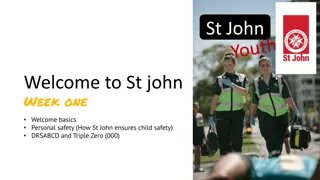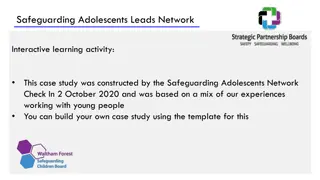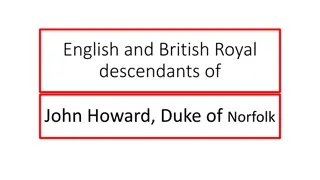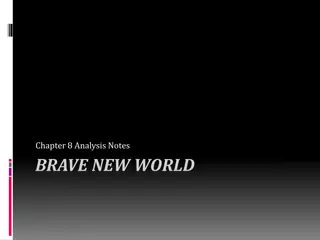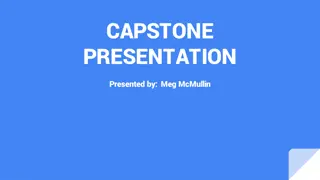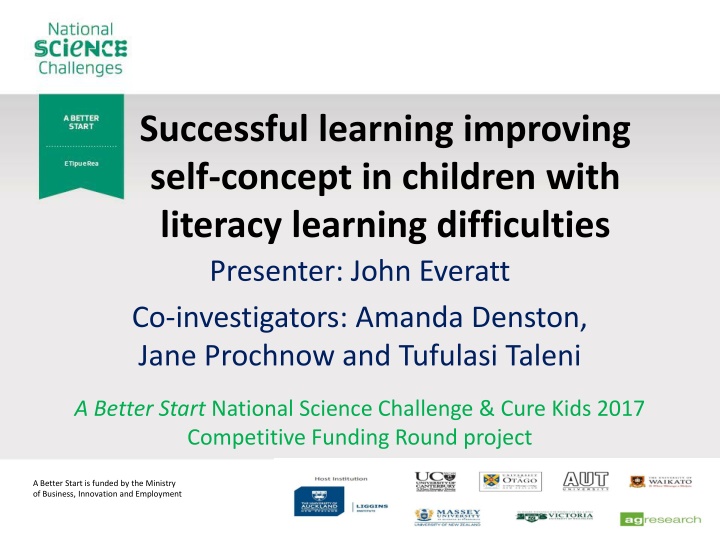
Improving Self-Concept in Children with Literacy Learning Difficulties
Explore a study on improving self-concept in children with literacy learning difficulties through culturally responsive interventions. The research aims to enhance literacy, emotional well-being, and positive behavior in students with reading challenges. Follow the study's progress and results to discover the impact on self-efficacy, resilience, and academic performance.
Download Presentation

Please find below an Image/Link to download the presentation.
The content on the website is provided AS IS for your information and personal use only. It may not be sold, licensed, or shared on other websites without obtaining consent from the author. If you encounter any issues during the download, it is possible that the publisher has removed the file from their server.
You are allowed to download the files provided on this website for personal or commercial use, subject to the condition that they are used lawfully. All files are the property of their respective owners.
The content on the website is provided AS IS for your information and personal use only. It may not be sold, licensed, or shared on other websites without obtaining consent from the author.
E N D
Presentation Transcript
Successful learning improving self-concept in children with literacy learning difficulties Presenter: John Everatt Co-investigators: Amanda Denston, Jane Prochnow and Tufulasi Taleni A Better Start National Science Challenge & Cure Kids 2017 Competitive Funding Round project A Better Start is funded by the Ministry of Business, Innovation and Employment
Positive self-concept in children with literacy learning difficulties Problems in reading can impact on most/all areas of a school curriculum, leading to poor educational achievement and restricted job opportunities. Experiences of failure in school subjects can produce poor self- concept and behavioural problems, and negatively influence general well-being. Past evidence suggests that individuals with dyslexia are more likely to experience emotional/mental health problems; they also show a greater incidence of school exclusions and antisocial behaviours.
Current study: Facilitating literacy learning, emotional well-being and positive behaviour Aim: to investigate whether culturally responsive and research informed interventions aimed at improving reading and spelling are associated with positive changes in children s self-concept (self-efficacy and resilience) and reduce negative behaviours. Measures of: literacy, self-concept, emotional and behavioural difficulties taken pre and post intervention. (Follow-up May- June 2019) Design: delayed intervention control group design over 2018. Students: with evidence of literacy learning difficulties and those from a range of backgrounds; including M ori or Pasifika backgrounds. Currently N=57 (end of 2018)
Current study: Targeted intervention work over two terms (assessment and teaching) The focus was on reading text, but teaching mainly supported word decoding strategies as part of improving text reading: strategies targeted units of meaning (morphology), though ensured that these were linked to decoding this was in order to also emphasise relationships between orthography and phonology as well as meaning Used texts that were matched to chronological age as much as possible in order to build self-concept. Included repetition and paired reading techniques: support development of fluency and strategy building
Current study: Results for measures of literacy 1.4 1.2 1 0.8 0.6 0.4 0.2 0 GroupA GroupB GroupA GroupB GroupA GroupB GroupA GroupB GroupA GroupB GroupA GroupB GroupA GroupB Vocabulary Word read Spelling Non-words Comprehension Phonological Morphological Y-axis represents effect sizes (post-pre / SD) at mid-year point when only Group A has undergone the intervention
Current study: Results for assessments of self-concept Academic Self-efficacy Resilience 54 37 36 52 35 50 GroupA GroupA 34 GroupB GroupB 48 33 46 32 44 31 30 42 Time1 Time2 Time3 Time1 Time2 Time3 Y-axis = scores of self-report scales. Time1 = pre-intervention (beginning of 2018) Time2 = post-intervention for Group A (mid) Time3 = post-intervention for Group B (end)
Current study: Conclusions and additional work 1. Improvements in all literacy areas assessed: word reading and spelling, vocabulary development and morphological awareness, and reading comprehension smaller effects on phonological measures area for further work following positive gains 2. Improvements were also apparent in self-reports: self-esteem and self-efficacy (academic, emotional and social), internalised (emotional) and externalised (behavioural) difficulties and resilience (feelings that they can cope with challenges) but effects delayed: need to experience positive effects in school work to influence self-perceptions follow-up data for 2019 currently being collected

